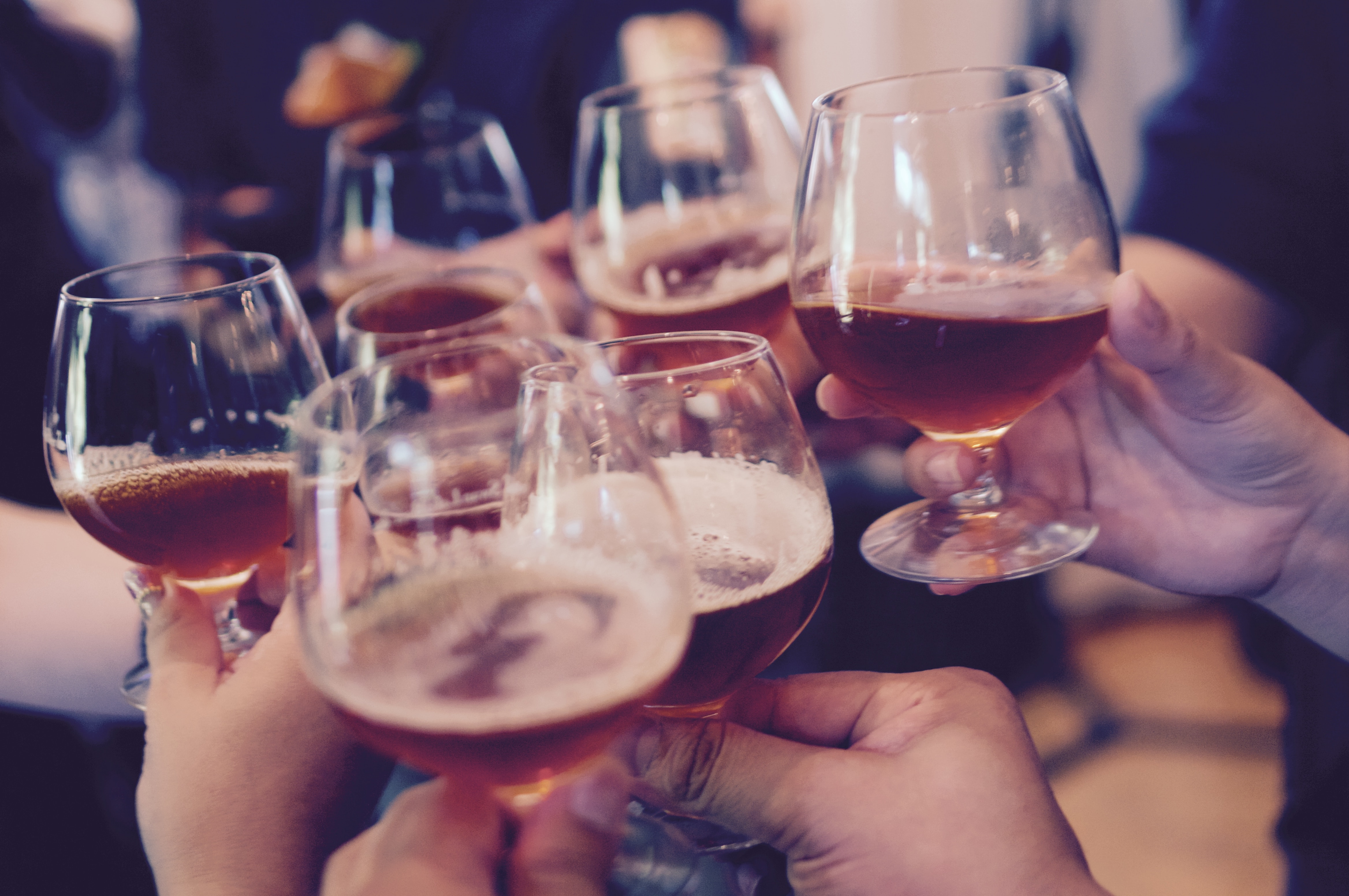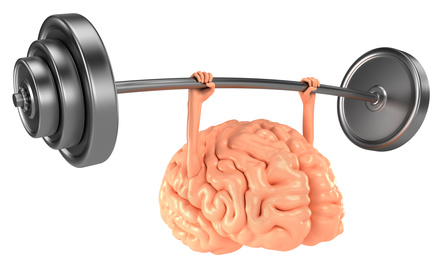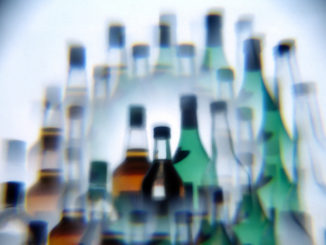
Image Source: Unsplash
Over 50% of people over the age of 18 in the United States drink each month. Almost 27% of people over the age of 18 admit to binge drinking. While you might think a bottle of beer or glass of liquor isn’t going to hurt you, it’s important to look at the way Americans consume alcohol and the lasting effects it might be having on your brain.
Alcohol comes with a host of immediate risks, as well as long-term health concerns for people who consume it regularly. There are some people who shouldn’t consume alcohol at all, including pregnant women (alcohol can affect a baby’s cell growth and development) or people on certain medications. But, even if you’re “free and clear” to drink, understanding what alcohol can do to your brain might make you think twice before ordering another round.
Effects on the Mind and Body
When your blood alcohol level is at 0.08%, you’re considered to be legally impaired in the U.S. What it takes to get to that point is different for everyone. For some people, two or three drinks could increase their blood alcohol level to 0.08%. For others, it might take more. It’s not a game anyone should be playing. Impairment, even after a couple of drinks, can lead to symptoms like:
- Injuries (intentional and unintentional)
- Alcohol poisoning
- Dehydration
- Nausea
- Confusion
- Slurred speech
Long-term effects of drinking alcohol on a regular basis include:
- High blood pressure
- Heart disease
- Increased risk of cancer
- Liver disease
- Stroke
- Fertility issues
Some people believe that alcohol kills brain cells. That isn’t exactly true. Alcohol itself doesn’t kill your brain cells, even if you drink it over a period of years. But it does cause damage to the ends of the neurons in the brain. This makes it harder for the cells to communicate with one another, which can lead to brain damage.
Because alcohol is a depressant, it slows down your brain function as well as your nervous system, making it harder to focus and comprehend your surroundings. That’s why driving after you’ve been drinking is such a huge risk. Drunk drivers cause the most traffic-related deaths in the United States each year. In 2017 alone, there were over 10,000 alcohol-related car crashes. Not only do you put your own mental and physical health at risk when you drink, but your choices when you’re not thinking clearly might put the lives of others at risk too.
Who Is at Risk?
While anyone can make the decision to drink, research has shown that some groups and communities are at a greater risk of developing alcoholism.
Often, those who suffer from mental health disorders such as depression, anxiety, or even higher levels of stress turn to alcohol as a coping mechanism. Homeless individuals, members of the LGBTQ community, and even veterans are among the groups who are at a greater risk of drinking too much.
Some of these people don’t have access to proper mental health care, which makes alcohol and other substances a “quick fix.” Unfortunately, due to the lasting effects on the brain and body, alcohol could contribute toward making mental health issues even worse.
The Benefits of Limiting Your Alcohol Intake
Chances are, you know if you have a drinking problem. If you do, you’re not alone. Over 15 million people in the United States struggle with some type of alcohol abuse. But you don’t necessarily need to consider yourself an alcoholic in order to experience negative health effects from drinking. Even if you’re a casual or social drinker, alcohol can cause both immediate and long-term issues.
Thankfully, in many cases, your body can bounce back. Remember those risk factors listed above? Limiting your alcohol intake can greatly reduce them, especially when it comes to your risk of liver cancer.
When it comes to your brain, amazing things can happen when you stop drinking. You can actually reverse brain damage, even if you’ve abused alcohol for years. New brain cells can start to develop when you abstain from drinking, and it doesn’t take long for it to happen. Studies have shown that within just 4-5 weeks of refraining from alcohol, new cell growth starts to happen within the brain. Another study showed that within just 48 hours of not drinking, the hippocampus of the brain experienced large bursts of cell development.
That’s why it’s so important to never give up on yourself or someone you might know with an alcohol problem. Many times, the negative effects on your brain can be reversed, and you can lead a normal, fulfilling life.
If you do have a problem with alcohol, getting some kind of help is the best thing you can do. While some people are able to quit on their own, that’s almost impossible to do if you have developed an addiction. Seeking out the help of family members, friends, a support group, or even an outpatient rehab facility can help you on your journey to sobriety so you can get back to a healthy state of mind.





